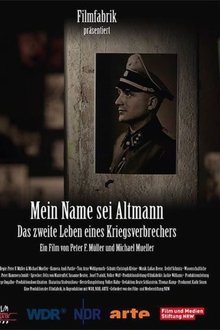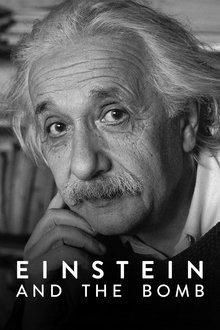The life and work of German political philosopher of Jewish descent Hannah Arendt (1906-75), who caused a stir when she coined a subversive concept, the banality of evil, in her 1963 book on the trial of Nazi war criminal Adolph Eichmann (1906-62), held in Israel in 1961, which she covered for the New Yorker magazine.
Related Movies
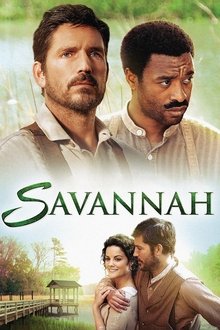
Savannah (2013)
Savannah is the true story of Ward Allen, a romantic and bombastic character who rejects his plantation heritage for the freedom of life on a river. Ward navigates the change of early 20th century America on the wrong side of the law and society, his long-time friend, a freed slave named Christmas Moultrie, at his side. Master of Shakespeare, and the shotgun that provides Savannah's markets with fowl, Ward fights for his rights as a hunter. His charisma and eloquent rhetoric win the heart of a society woman who defies her father to marry him. An elderly Moultrie tells the story of life on the river with his friend to a little boy, who passes the legendary Ward Allen down to the next generation.
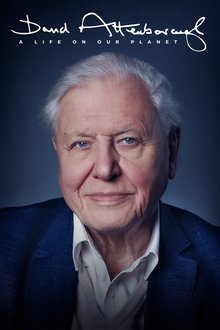
David Attenborough: A Life on Our Planet (2020)
The story of life on our planet by the man who has seen more of the natural world than any other. In more than 90 years, Attenborough has visited every continent on the globe, exploring the wild places of our planet and documenting the living world in all its variety and wonder. Addressing the biggest challenges facing life on our planet, the film offers a powerful message of hope for future generations.
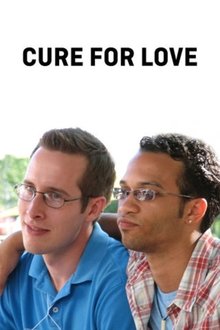
Cure for Love (2008)
A full-length documentary about a controversial evangelical movement that purports to convert gay people into heterosexuals. The film brings us inside this unusual Christian subculture and follows the lives of several young people whose homosexuality is at odds with their religious beliefs.
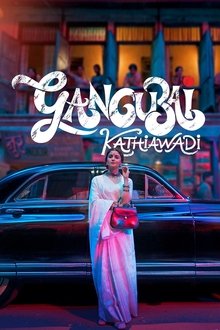
Gangubai Kathiawadi (2022)
Duped and sold to a brothel, a young woman fearlessly reclaims her power, using underworld connections to preside over the world she was once a pawn in.

Beastie Boys Story (2020)
Here's a little story they're about to tell... Mike Diamond and Adam Horovitz share the story of their band and 40 years of friendship in a live documentary experience directed by friend, collaborator, and their former grandfather, Spike Jonze.
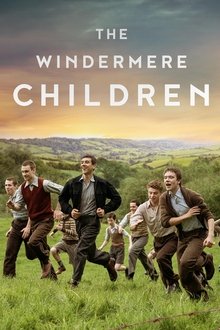
The Windermere Children (2020)
The story of the pioneering project to rehabilitate child survivors of the Holocaust on the shores of Lake Windermere.

Unraveled: The Kaitlyn Howard Story (2025)
A deep dive into the creative mind of University of South Carolina student fashion designer, Kaitlyn Howard.
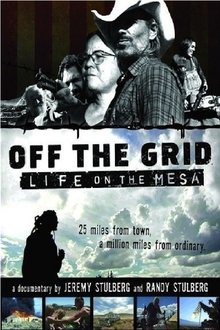
Off the Grid: Life on the Mesa (2008)
Twenty-Five miles from town, a million miles from mainstream society, a loose-knit community of eco-pioneers, teenage runaways, war veterans and drop-outs, live on the fringe and off the grid, struggling to survive with little food, less water and no electricity, as they cling to their unique vision of the American dream.
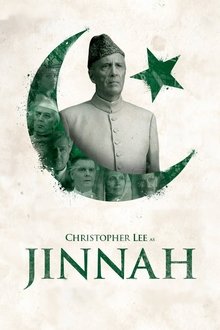
Jinnah (1998)
Biography of Mohammed Ali Jinnah, the founder of modern Pakistan is told through flashbacks as his soul tries to find eternal rest. The flashbacks start in 1947 as Jinnah pleads for a separate nation for the Muslim minority, infuriating Lord Mountbatten. Mountbatten then tries to enlist Gandhi & Nehru to persuade Jinnah to stop his efforts. Gandhi sides with Jinnah, which upsets Nehru. However, Jinnah turns down the offer to become prime minister and the film takes another slide back to 1916, which reveals all of the political implications that have occurred.

Unconstitutional: The War On Our Civil Liberties (2004)
A documentary that investigates the ways in which the civil liberties of American citizens and immigrants have been rolled back since September 11 and the passing of the Patriot Act.
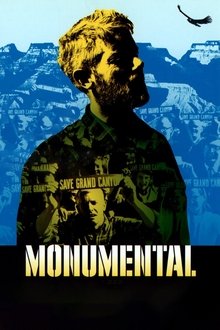
Monumental: David Brower's Fight for Wild America (2004)
From the moment David Brower first laid eyes on the beauty of the Yosemite Valley, he wanted to the fight to preserve the American wilderness for future generations. The story of a true American legend, Monumental documents the life of this outdoorsman, filmmaker and environmental crusader, whose fiery dedication and activism not only saved the Grand Canyon (among other accomplishments) but also transformed the Sierra Club into a powerful national political force, giving birth to the modern environmental movement. Seen through Brower's own eyes - he was an accomplished filmmaker, and his stunning footage is included here-- a 1956 raft trip down Glen Canyon, before its damming, evokes the awful sadness of losing public land we've failed to protect. And in period footage of Brower's early rock-climbs (done in sneakers, with hemp ropes) and of his training in the 10th Mountain Division (who defeated the Nazis in the high Alps).
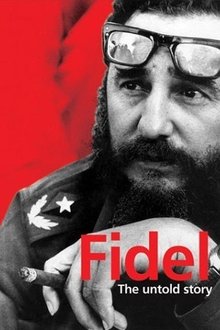
Fidel: The Untold Story (2001)
Documentary about Fidel Castro, covering 40 years of Cuban Revolution. Rare Fidel Castro footage: he appears swimming with a bodyguard, visiting his childhood home and school, playing with his friend Nelson Mandela, meeting kid Elián Gonzalez, and celebrating his birthday with the Buena Vista Social Club group.

American Dream (1990)
When workers at the Hormel meatpacking plant in Austin, Minnesota are asked to take a substantial pay cut in a highly profitable year, the local labor union decides to go on strike and fight for a wage they believe is fair. But as the work stoppage drags on and the strikers face losing everything, friends become enemies, families are divided and the very future of this typical mid American town is threatened.
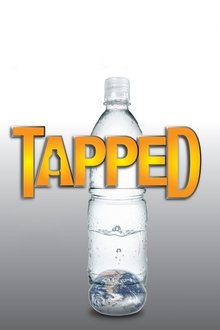
Tapped (2009)
Is access to clean drinking water a basic human right, or a commodity that should be bought and sold like any other article of commerce? Stephanie Soechtig's debut feature is an unflinching examination of the big business of bottled water. From the producers of Who Killed the Electric Car and I.O.U.S.A., this timely documentary is a behind-the-scenes look into the unregulated and unseen world of an industry that aims to privatize and sell back the one resource that ought never to become a commodity: our water. From the plastic production to the ocean in which so many of these bottles end up, this inspiring documentary trails the path of the bottled water industry and the communities which were the unwitting chips on the table. A powerful portrait of the lives affected by the bottled water industry, this revelatory film features those caught at the intersection of big business and the public's right to water.
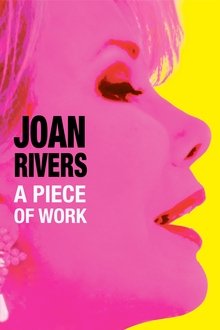
Joan Rivers: A Piece of Work (2010)
A documentary on the life and career of Joan Rivers, made as the comedienne turns 75 years old.
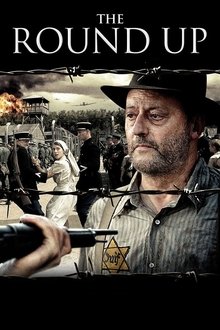
The Round Up (2010)
A faithful retelling of the 1942 "Vel' d'Hiv Roundup" and the events surrounding it.
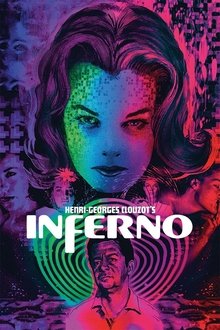
Henri-Georges Clouzot's Inferno (2009)
In 1964, Henri-Georges Clouzot's production of L'Enfer came to a halt. Despite huge expectations, major studio backing and an unlimited budget, after three weeks the production collapsed. This documentary presents Inferno's incredible expressionistic original rushes, screen tests, and on-location footage, whilst also reconstructing Clouzot's original vision, and shedding light on the ill-fated endeavor through interviews, dramatizations of unfilmed scenes, and Clouzot's own notes.
